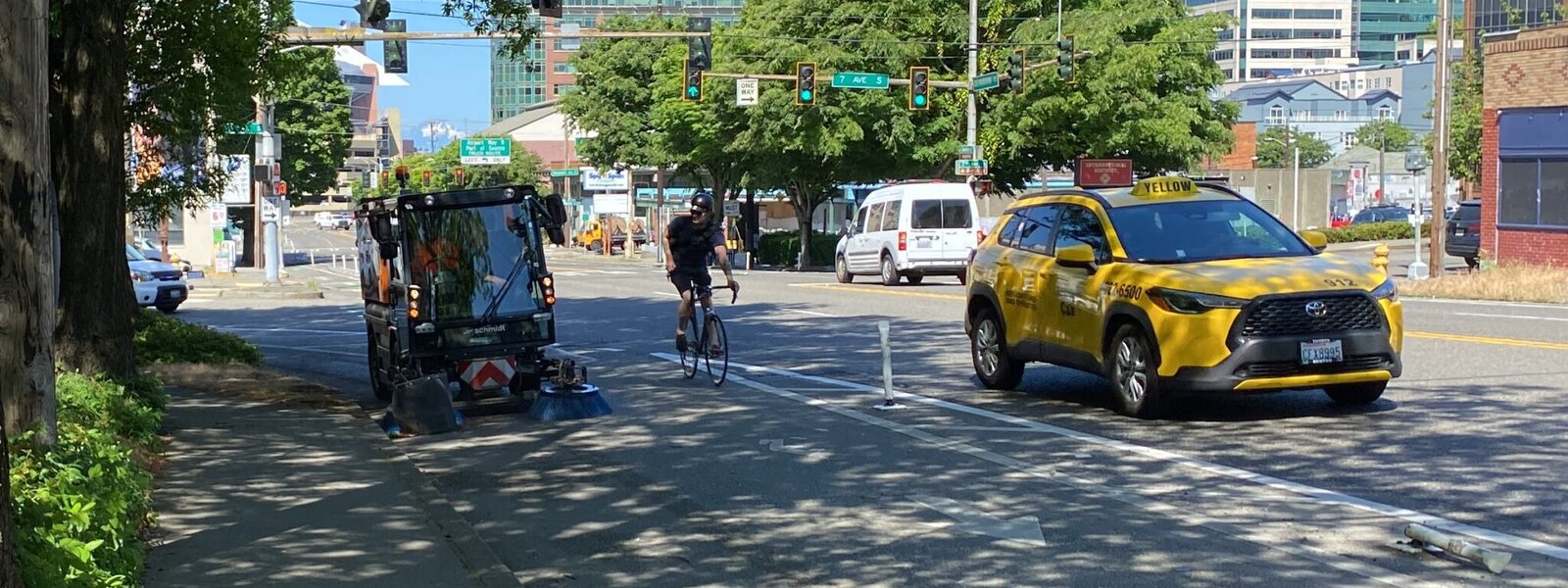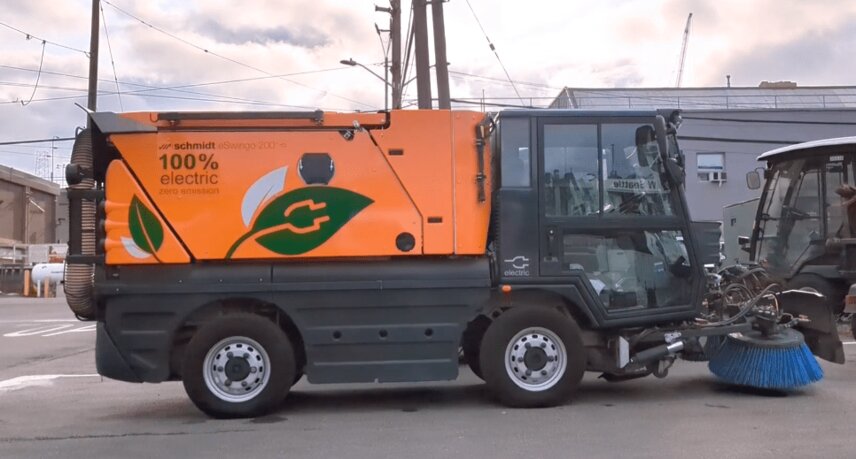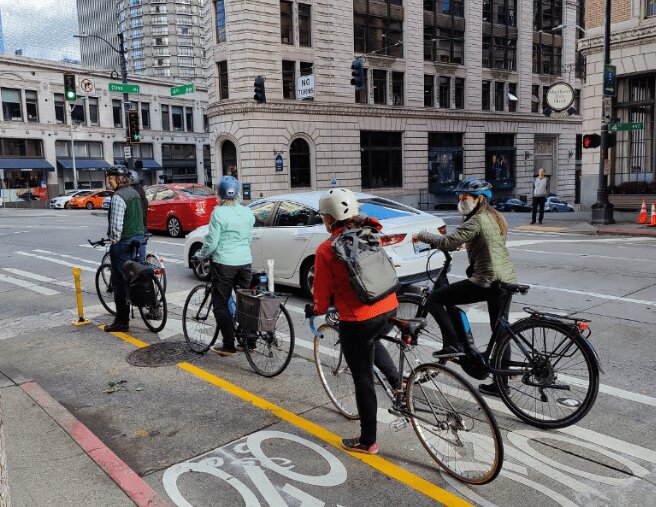“Seattle deserves a transportation system that works for all users, that supports a more healthy, sustainable, and equitable future. Electrifying the City’s fleet is one of the most actionable investments we can make to address our climate goals and SDOT’s eBroomer pilot is an important step. This pilot program brings us one step closer to achieving our One Seattle vision for a zero-emission, fossil fuel-free City fleet by 2030. Together, we’re forging a path towards a better future,” shared Seattle’s Mayor, Bruce Harrell.
In 2023, Seattle rented an eSwingo 200+ sweeper after successfully evaluating the equipment. The eSwingo is the first electric PBL sweeper SDOT rented and tested, allowing SDOT to make future informed purchasing decisions. The city wanted to evaluate the functionality of the eSwingo on the complex topography found within Seattle, including sweeping performance, maintenance needs, charging time, charge hold and durability in inclement weather.
Most climate emissions in Seattle come from transportation, specifically short one- to three-mile vehicle trips. Providing PBLs and keeping them free of debris and leaves is a key strategy for promoting alternative travel options year-round and reducing the impact on the climate.
“We at SDOT are committed to … electrifying our fleet of vehicles and equipment, to reduce carbon emissions from city operations. It’s part of our strategy to combat climate change and to efficiently maintain our city’s robust and growing network of bike facilities, transit priority lanes, and walking connections,” said Seattle Department of Transportation Director, Greg Spotts.
The City of Seattle has a climate goal of achieving complete electrification of its fleet by 2030, as outlined in the Mayor’s 2022 Transportation and Climate Justice Executive Order. While Seattle will continue its evaluation of electric fleet vehicles in 2024, the eSwingo 200+ has been successful in clearing PBLs and accomplishing its required tasks.



